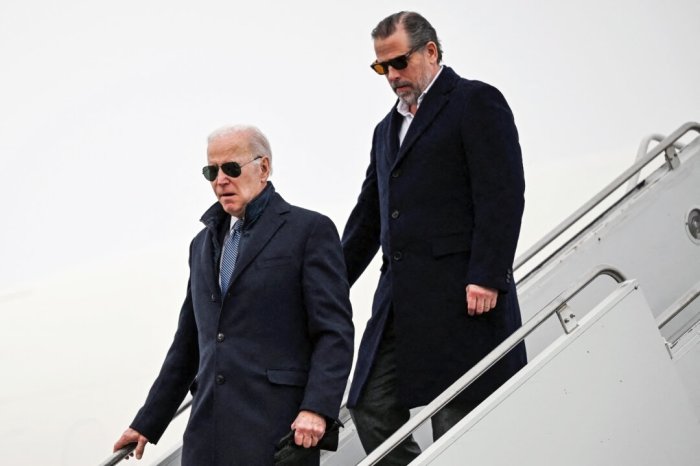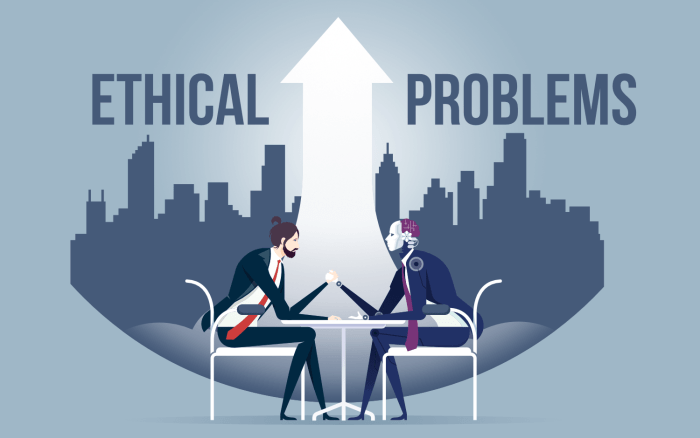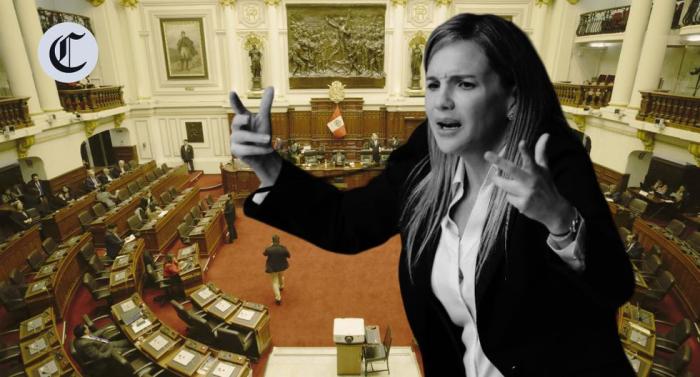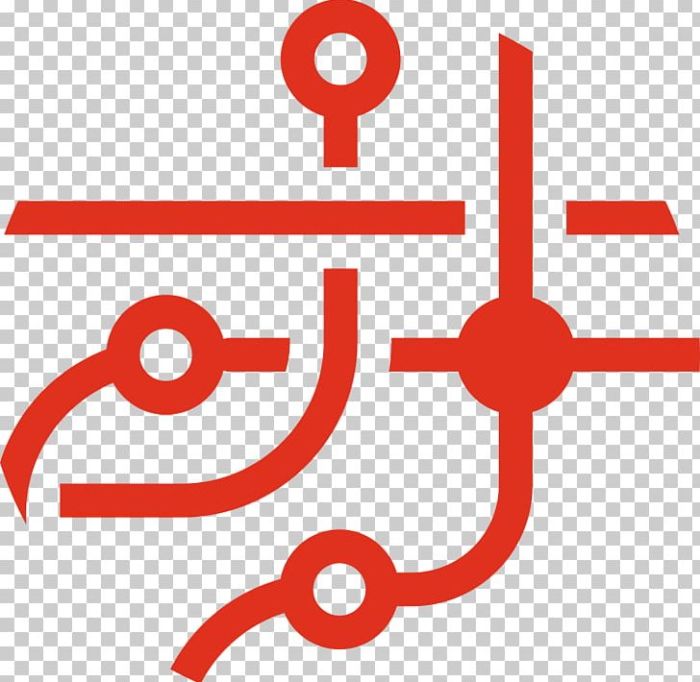Ethical problems such as influence peddling and bribery are pervasive and corrosive practices that undermine public trust and confidence. This comprehensive exploration delves into the definitions, consequences, and ethical implications of these behaviors, examining their impact on society and the legal frameworks designed to combat them.
From common methods of influence peddling to sophisticated bribery techniques, this analysis unveils the strategies employed to conceal these practices. It also highlights the detrimental effects on society, including weakened institutions, distorted decision-making, and diminished economic growth.
Ethical Concerns

Influence peddling and bribery are serious ethical concerns that can undermine public trust and confidence. Influence peddling involves using one’s position or influence to secure favors or benefits for oneself or others, while bribery involves offering or receiving something of value in exchange for a specific action or decision.
These practices can have far-reaching consequences, including the erosion of trust in public institutions, the distortion of decision-making processes, and the perpetuation of inequality. Engaging in such behavior not only violates ethical norms but can also have legal implications.
Methods of Influence Peddling and Bribery, Ethical problems such as influence peddling and bribery
- Influence peddling:
- Lobbying and advocacy on behalf of specific interests
- Using personal connections and relationships to gain access and influence
- Exploiting positions of power to pressure others into favorable decisions
- Bribery:
- Offering or accepting money, gifts, or other benefits in exchange for specific actions
- Using intermediaries or third parties to conceal the exchange
- Employing sophisticated methods to launder or hide the proceeds of bribery
Impact on Society
- Undermines public trust: Influence peddling and bribery erode public confidence in the fairness and integrity of institutions and decision-makers.
- Distorts decision-making: These practices can lead to biased and unfair decisions, as those with power or resources have undue influence.
- Perpetuates inequality: Bribery and influence peddling can create an uneven playing field, benefiting those who can afford to pay or exert influence.
- Promotes corruption: These practices foster a culture of corruption, where ethical values are compromised and the rule of law is undermined.
Legal Framework
- Anti-bribery laws: Many countries have enacted laws to combat bribery, both domestically and internationally.
- Penalties: Violations of anti-bribery laws can result in fines, imprisonment, and other severe consequences.
- Enforcement challenges: Despite legal frameworks, enforcing anti-bribery laws can be challenging due to the secretive nature of these practices and the difficulty in gathering evidence.
Prevention and Mitigation Strategies
- Strengthening legal frameworks: Governments should enact comprehensive anti-bribery laws with clear definitions, penalties, and enforcement mechanisms.
- Increasing transparency: Disclosure and transparency measures can help prevent influence peddling and bribery by exposing potential conflicts of interest and financial transactions.
- Education and awareness campaigns: Public awareness campaigns can educate citizens about the harmful effects of these practices and encourage ethical behavior.
- Corporate compliance programs: Businesses should implement robust compliance programs to prevent and detect bribery and influence peddling.
FAQ Overview: Ethical Problems Such As Influence Peddling And Bribery
What are the common methods of influence peddling?
Influence peddling often involves leveraging personal connections, offering favors or gifts, or exploiting positions of power to influence decisions in favor of specific interests.
How does bribery differ from influence peddling?
Bribery involves the exchange of money, goods, or services in exchange for specific actions or decisions that benefit the bribe-giver.
What are the ethical implications of engaging in influence peddling or bribery?
These practices violate principles of fairness, impartiality, and transparency, undermining trust in public institutions and compromising the integrity of decision-making processes.


